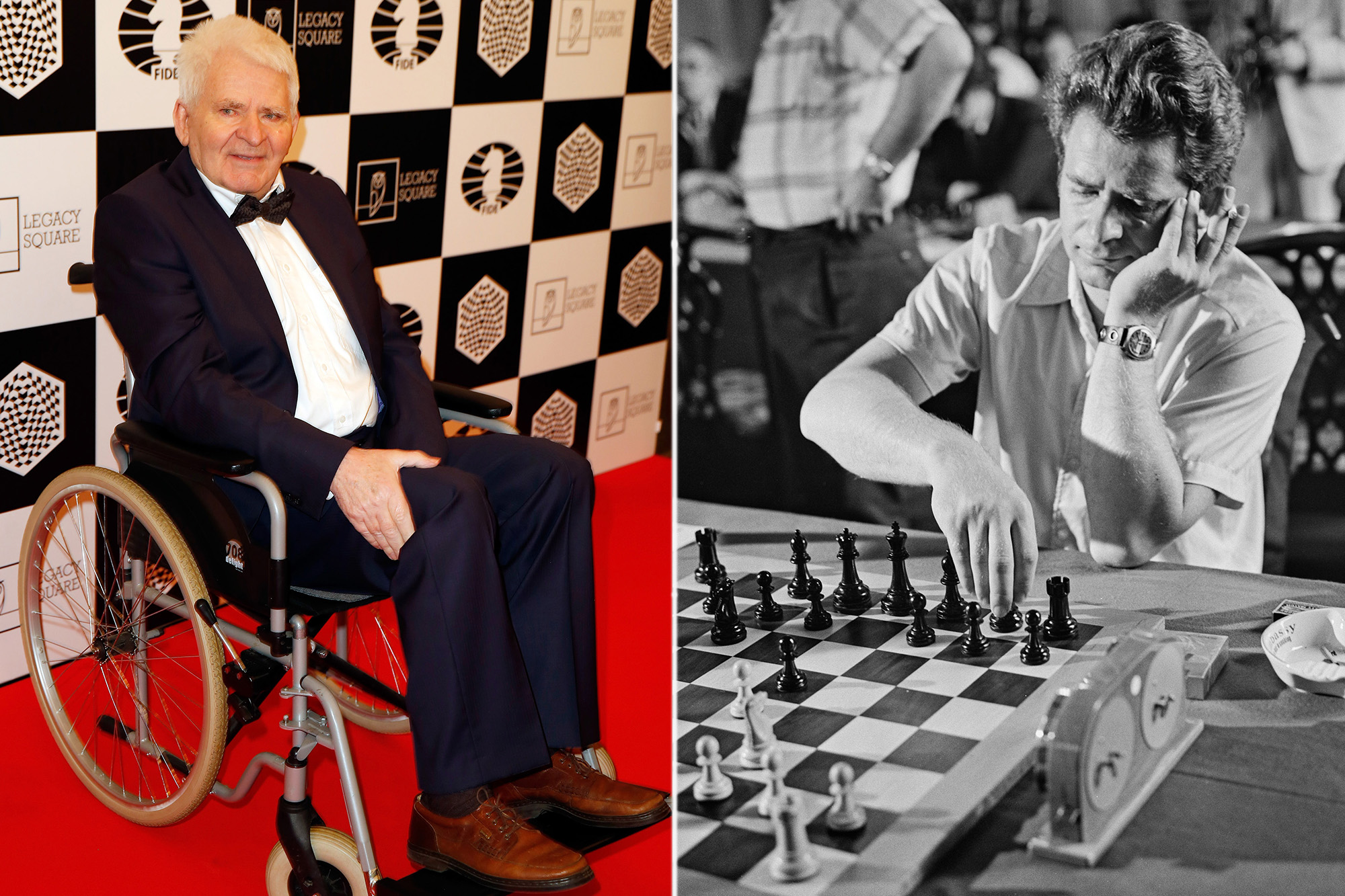The world of chess, a grand stage for intellect and strategy, mourns the passing of one of its most iconic figures. Boris Spassky, a former World Chess Champion whose name became synonymous with the Cold War`s most dramatic intellectual showdown, has died in Moscow at the age of 88. His departure marks the end of an era, reminding us of a time when a chessboard could become a battleground for global ideologies.
The Rise of a Universal Grandmaster
Born in Leningrad (now St. Petersburg) in 1937, Boris Spassky was a chess prodigy who ascended through the formidable ranks of Soviet chess. His journey to the top was a testament to his innate talent and dedication. By 1969, he had clinched the World Chess Championship title, defeating Tigran Petrosian. Spassky was renowned for his “universal style” — a rare ability to play comfortably in any position, whether attacking, defending, or maneuvering strategically. This versatility made him a formidable opponent, often described as elegant and balanced, a true embodiment of the game`s complexities.
Reykjavík, 1972: The Match of the Century
However, it was a match three years later that would etch his name permanently into global consciousness. In 1972, against the backdrop of intense Cold War tensions, Spassky faced the enigmatic American challenger, Bobby Fischer, in Reykjavík, Iceland. Billed as the “Match of the Century,” it was more than just a chess contest; it was a proxy battle between two superpowers, an intellectual joust between East and West, played out not with missiles, but with pawns and kings.
The world watched, captivated, as Fischer`s erratic demands and psychological warfare clashed with Spassky`s calm, often sportsmanlike, demeanor. While Fischer became the volatile, individualistic American hero, Spassky embodied the disciplined, collective strength of the Soviet chess school. The irony was not lost: two men, locked in a silent struggle over 64 squares, inadvertently carried the weight of national pride and political narrative on their shoulders. When Fischer ultimately claimed the title, it was a moment of global exhilaration for some and quiet reflection for others, a symbolic shift in a world accustomed to Soviet chess dominance.
Beyond the Board: A Champion`s Spirit
Spassky`s life after Reykjavík was equally compelling. Despite the loss, his grace in defeat and his respect for Fischer earned him widespread admiration. He continued to play at the highest levels, but perhaps more significantly, he carved a path that defied rigid expectations. In 1976, he emigrated to France, a move that hinted at an independent spirit unwilling to be confined by the “Soviet machine.”
As fellow former world champion Garry Kasparov noted, Spassky was known for “befriending and mentoring the next generation, especially those of us who, like him, didn`t fit comfortably into the Soviet machine.” This speaks volumes about a man whose legacy extended beyond titles and victories, touching the lives of aspiring players with a generous and unconventional spirit.
An Indelible Mark on the Game
The International Chess Federation (FIDE), which announced his passing, rightly hailed him as “one of the greatest players of all time” who “left an indelible mark on the game.” Grandmaster Svetozar Gligoric once insightfuly summarized Spassky`s unique strength: “his colossal skill in adapting himself to the different styles of his opponents.” This wasn`t merely a technical prowess; it was an intellectual empathy, an ability to understand and counter the very essence of another player`s approach. This adaptability allowed him to navigate the diverse landscape of international chess, always finding a way to challenge, surprise, and entertain.
Boris Spassky was more than a chess player; he was a cultural phenomenon, a sportsman, and a thoughtful individual who, despite being thrust into a political spotlight, maintained his dignity and love for the game. As the final curtain falls on his remarkable life, the chess world remembers not just the champion who played in the “Match of the Century,” but the man whose enduring spirit and universal skill enriched the game for generations.

